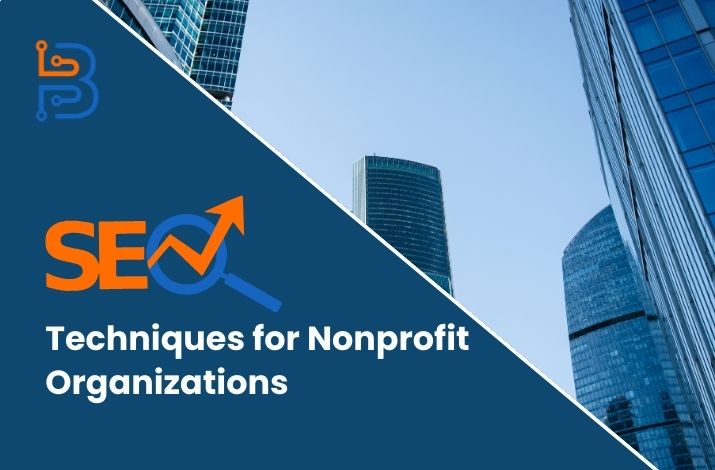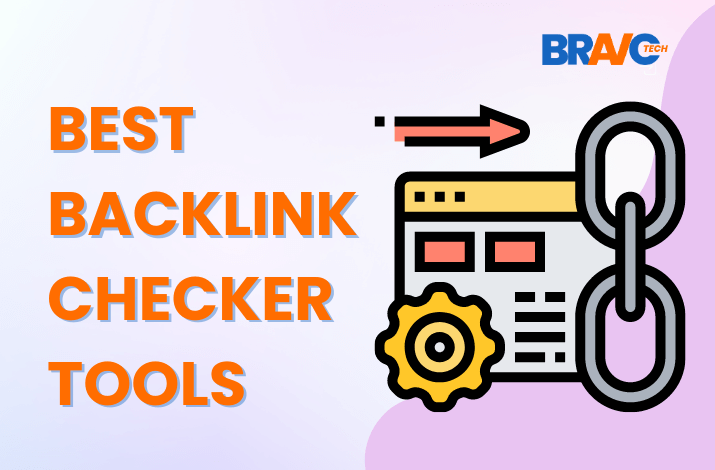Effective SEO Techniques for Nonprofit Organizations

Using SEO is an effective way for nonprofit organizations to enhance their online visibility, amplify their influence, and attract more backers. Through investigating search terms, updating your website, crafting valuable material, establishing quality connections, and tracking your outcomes, you are able to better your search engine placement and draw more people to your site. Apply these successful SEO strategies for nonprofit organizations now and observe your digital presence increase.
Increasing visibility through SEO can help nonprofit organizations attract donors and volunteers by exposing their names on popular search engines like Google. However, standing out amongst competitors on the digital landscape is often more challenging than expected. For those with a cause they wish to support, there is no time to waste. A free nonprofit business plan template available here could be the solution to propel your organization upwards.
The report from BrightEdge highlighted an interesting insight concerning web traffic in 2023 – over half of all Internet navigation was driven through natural search results. The potency of SEO became strikingly evident that day. As per the same report, 60% of marketers conveyed that inbound leads like blogging and optimization deliver contacts of the finest quality. What’s more, all aspects related to SEO are anticipated to attract $80 billion in investment by the year 2053. That solitary figure demonstrates the amount of money companies dedicate to this area. With data points such as this, executing a proficient search engine optimization approach is indispensable to the online marketing plan of any company – not merely businesses themselves but also nonprofit organizations.
Search Engine Optimization?
We must understand what SEO truly involves. When considering all the separate pieces, what outcome do they produce? It refers to improving your website so that it appears at the top of search engine result pages. A site attains success through high-quality, well-researched content paired with relevant keywords and links from reputable websites. If nonprofit organizations can properly apply these strategies, they will gain more notice from their supporters and see increased traffic to their online presences.

SEO Techniques for Nonprofits
A couple of factors are essential to comprehend regarding search engine optimization strategies.
1. Perform Analysis on Relevant Keywords
Discovering the proper search terms is essential for a flourishing SEO effort. It involves determining the phrases people utilize when seeking online information about your nonprofit cause. Free tools like Google Keyword Planner and Moz Keyword Explorer can help nonprofits uncover associated terms. Creating high-quality content containing the appropriate key terms allows you to attract more site visitors through pertinent subject material that meets their needs.
2. Maximize the Performance of Your Website
I read your site with care to glean what most attracts searchers there. Your keywords guide how to craft titles, tags, and headings so users find precisely what you offer. When people arrive, high-quality images, videos, and infographics will immerse them in your message. Yet more insight comes from Google Search Console, helping spot where improvement may further your goals. Together, these steps enhance the experience for all whose curiosity leads them to your virtual door.
3. Emphasizing the Importance of High-Quality Content
When crafting content for websites, focusing first on producing valuable material that is applicable and pertinent proves most important. Nonprofits in particular, would be wise to concentrate their efforts on generating content such as blog posts, infographics, videos, and other multimedia elements that address meaningful topics. While sharing options can help spread your message, the best promotion comes from readers themselves wishing to share worthwhile content with others once they have engaged with and benefited from the material. Ensure your content offers real value so that those exposed to it feel comfortable to pass it on organically.
Read Also: How to Make Content SEO Friendly
4. Establishing Strong Connections for Optimal Link Building
Gaining quality backlinks is another crucial facet of SEO. To cultivate high caliber back-links, reach out to websites within your same domain and request they connect back. Guest blogging, teaming up with related non-profits in your area of expertise, and possibly contacting reporters or influencers you’ve collaborated with previously can all contribute.
5. Assessing and Evaluating Outcomes: A 5-Step Guide
Furthermore, keeping watch over and dissecting your SEO results on a consistent premise is basic. This additionally incorporates estimating traffic to your site, positions on hunt engines, and site transformations. With this information, you can recognize the territories of your SEO system that are effective and which require remedy. You can then keep an eye on your site investigations utilizing instruments, for example, Google Analytics and SEMrush to discover territories for progress.
As the leader of Airbnb, Brian Chesky has often acknowledged the role search engine optimization played in propelling the company to become one of America’s fastest-growing businesses. In the past, he stated that their very company would not exist without SEO. Optimizing their site for search engines has consistently formed a central part of their expansion strategy, drawing in novel hosts and visitors to the platform and making their offering more visible. Maximizing search engine visibility has empowered them to reach a genuinely worldwide audience, and rightly so, they take pride in this achievement.
Read Also: Advanced Link Building Strategies for 2024
Things to Avoid in SEO
Although SEO has many advantages, if used improperly it becomes a curse. For example, overuse of keywords (keyword stuffing), is viewed by search engines as spamming and can result in penalties not only on the page itself but also affecting your whole website. Similarly, engaging in unethical SEO, including cloaking or using irrelevant keywords, may damage your site’s reputation and position. Other traps to beware of: Always count quantity over quality when backlinks are used. Also, failure to optimize for mobile can be problematic: A significant portion of web traffic comes from the tiny screens in our pockets. Finally, SEO takes time and patience. Instant gratification is an invitation to frustration and ill-considered decisions. As a result, understanding not only SEO strategies but also avoiding these common errors can be very helpful to your non-profit organization in achieving visibility online.
Ending Note
Optimizing your nonprofit for search engines can boost visibility and deepen impact. Researching relevant keywords and optimizing webpages around those terms allows helpful information to reach more people. Developing numerous, valuable pages with consistent publishing demonstrates expertise and attracts visitors. Outreach to other groups through quality connections spreads awareness too. With persistence applying these tactics, search engines will feature your work higher, directing additional assistance your way. Put effective SEO strategies for nonprofits into action now and cultivate an expanding online presence.






